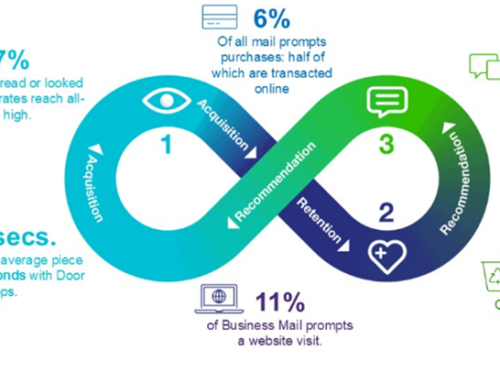Working in data hygiene, we know a thing or two about the importance of data quality. As more businesses look to harness the power of GenAI, they too are learning that data quality and hygiene are critical to success.
AI systems are only as good as the data fed into them, and generative AI (GenAI) is no exception. BT’s Chief Data & AI Officer, Deepika Adusumilli, recently highlighted that while ideas for GenAI applications are plentiful, turning them into high-impact tools requires rigorous data quality standards. Without clean data, even the best AI strategies struggle—a reminder of the direct mail adage, “rubbish in, rubbish out.”
Direct Mail Lessons for GenAI: Data Quality is a Continuous Process
The direct mail sector has long understood that data hygiene isn’t a one-off project but a continual commitment. Lists must be routinely verified and refreshed to remain accurate, relevant, and compliant.
Establishing a Data Fabric and Data Mesh
To create an accessible, adaptable data environment, BT has implemented a “data fabric” and “data mesh” approach. This structure enables data to be catalogued, categorised, and transferred across applications as needed. Such a setup helps maintain data quality, reduce redundancy, and streamline access across use cases, making GenAI applications more robust and versatile. Adusumilli believes that only when the right data infrastructure is in place can BT make meaningful strides in its AI projects.
Prioritising Use Cases for Maximum GenAI Impact
With 90 potential GenAI ideas, BT has recognised that only a portion could immediately progress to implementation.
Data Hygiene: Essential for GenAI Success
Data hygiene is no longer optional in the AI era. Like the direct mail industry’s rigorous standards for data accuracy, GenAI relies on a clean, well-maintained data foundation. BT’s experience illustrates the benefits of an ongoing commitment to data quality, with systems in place to continually adapt and refine data as AI projects evolve.
For businesses looking to leverage GenAI, a clean data infrastructure is essential to success.





